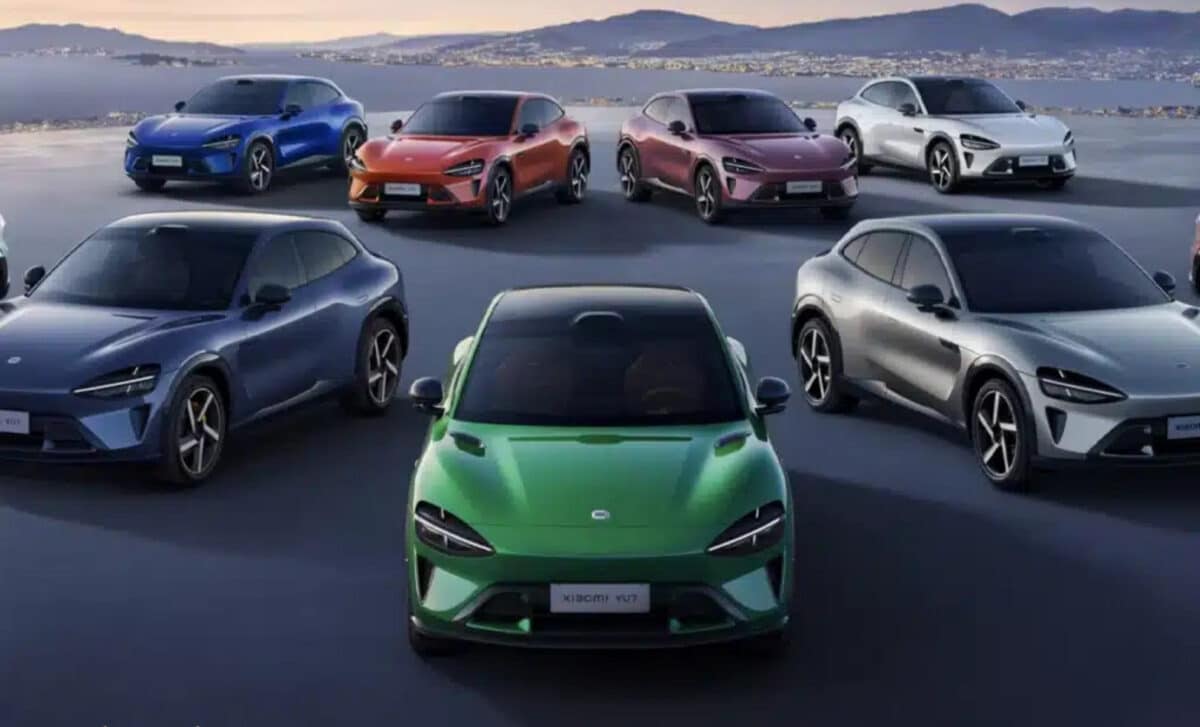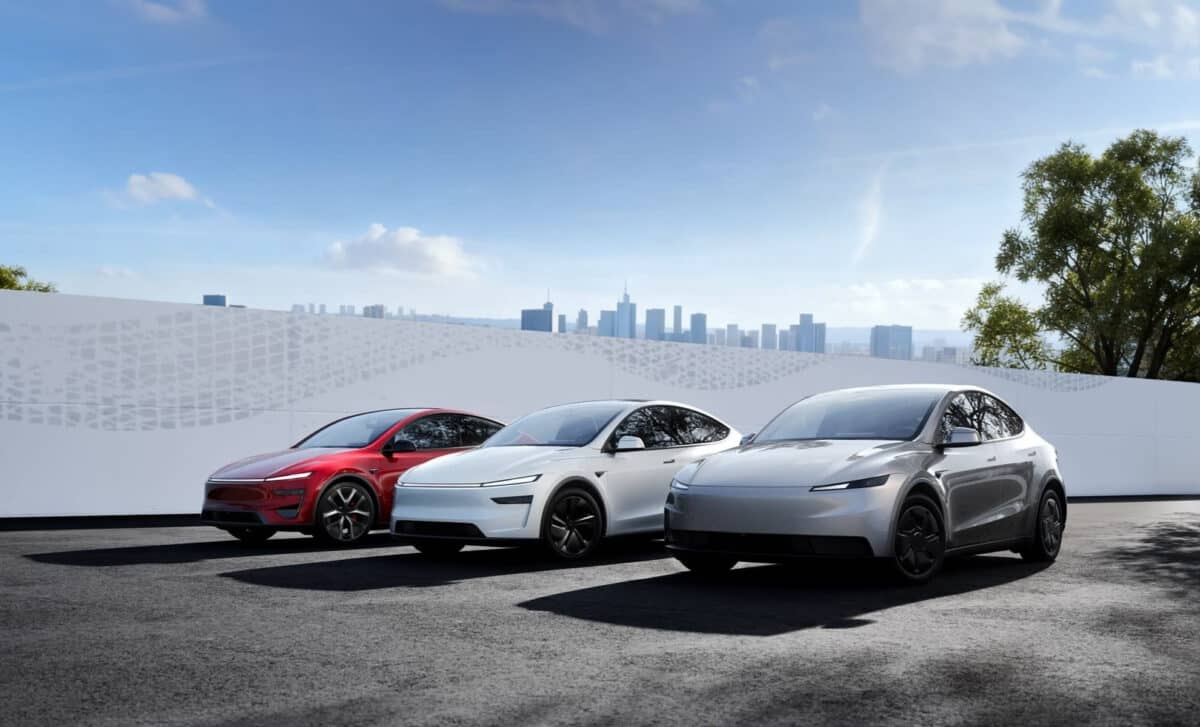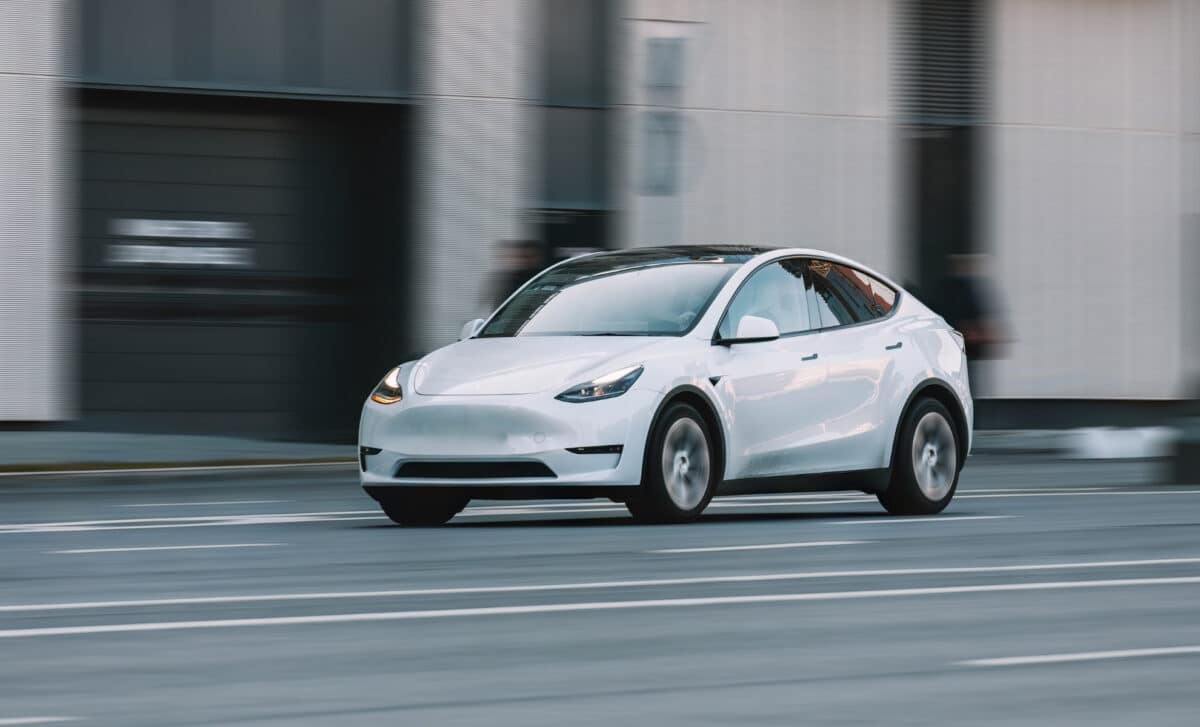Once the dominant player in China’s electric vehicle market, Tesla is now facing a rapidly changing competitive landscape. October marked a dramatic reversal of fortunes as Xiaomi, once a tech outsider, has established itself as a credible force in the EV space. The YU7’s strong reception highlights the evolving preferences of Chinese consumers who are increasingly favoring locally made, tech-forward vehicles over older foreign models.
China remains the world’s most competitive electric vehicle market, and it’s also Tesla’s second largest after the United States. The current downturn is not an isolated event but part of a broader pattern observed throughout 2025. The numbers from October are especially significant, coming just a month after Tesla appeared to regain momentum with its China-exclusive Model Y L variant.
Xiaomi Breaks Through With YU7 Amid Tesla’s Sharp Decline
According to Supercar Blondie, Xiaomi sold 48,654 vehicles in October alone, with 33,662 of those being the YU7 SUV. This placed the tech brand’s total ahead of Tesla’s combined sales of the Model Y and Model 3, which amounted to just 26,006 units. That represents a 36 percent year-on-year drop for Tesla and a 63.6 percent crash from September’s 71,525 units, when the Model Y L launch had briefly boosted figures.
Data from the China Passenger Car Association, relayed by EVXL.co, confirms this is Tesla’s lowest monthly performance in the Chinese market since November 2022. The dramatic fall also shrunk Tesla’s EV market share in the country to 3.2% in October—down from 8.7% the month before.
Tesla’s new Model Y L was launched on September 2 with significant attention, offering an extended wheelbase and six seats. Yet by October, the initial demand had faded, revealing what appears to have been a one-off surge rather than sustained interest. In contrast, Xiaomi’s YU7 is gaining traction consistently, adding to the success of its SU7 sedan, which has already outsold Tesla’s Model 3 since December 2024.

Safety Concerns Fail to Slow Xiaomi’s Momentum
Despite serious safety incidents involving its vehicles, Xiaomi’s sales growth appears unaffected. According to EVXL.co, the company recalled 116,877 SU7 sedans—around 38% of total units sold—after multiple fatal accidents. One high-profile crash in March 2025 killed three students when a vehicle struck a barrier while its Navigate on Autopilot system was engaged.
Further controversy erupted in October when a driver died in Chengdu after being trapped inside a burning SU7 with malfunctioning electronic doors. China’s State Administration for Market Regulation criticized the car’s driver-assistance system, citing “insufficient recognition capability.”
Nonetheless, Xiaomi posted record sales in October. The YU7 SUV, which launched in June 2025 with 289,000 pre-orders in its first hour, continues to outperform the Model Y—despite these safety challenges. The vehicle’s price point, roughly $1,400 lower than Tesla’s comparable offering, has made it an attractive alternative for cost-conscious buyers in the domestic market.

Tesla Pivots to Exports as Local Demand Collapses
With demand drying up at home, Tesla has ramped up exports of its China-made vehicles. 35,491 units were shipped overseas in October, marking a two-year high and an 82% increase from September. These exports now mask the growing disconnect between Tesla and the Chinese consumer base.
Retail sales in China between January and October fell 8.83% year-on-year, while total deliveries including exports declined 10.2% compared to the same period in 2023. The Shanghai Gigafactory, once viewed as a cornerstone of Tesla’s China strategy, is increasingly geared toward serving international markets rather than domestic customers.
Tesla’s declining presence in China comes alongside sales struggles in Europe, where the company saw drops of up to 89% in countries like Sweden during the same period. While the automaker achieved record China deliveries for the full year 2024, these figures appear to have been front-loaded by short-lived gains and tax credit deadlines—rather than reflecting sustainable demand.









